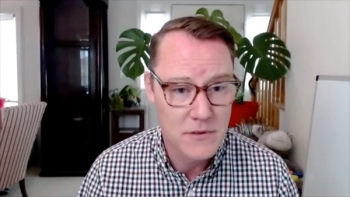
Frank Martin, PhD, director of research at JDRF, discusses the importance of diabetic ketoacidosis mitigation efforts and appropriate education for parents of children with type 1 diabetes (T1D).
Mary Caffrey is the Executive Editor for The American Journal of Managed Care® (AJMC®). She joined AJMC® in 2013 and is the primary staff editor for Evidence-Based Oncology, the multistakeholder publication that reaches 22,000+ oncology providers, policy makers and formulary decision makers. She is also part of the team that oversees speaker recruitment and panel preparations for AJMC®'s premier annual oncology meeting, Patient-Centered Oncology Care®. For more than a decade, Mary has covered ASCO, ASH, ACC and other leading scientific meetings for AJMC readers.
Mary has a BA in communications and philosophy from Loyola University New Orleans. You can connect with Mary on LinkedIn.

Frank Martin, PhD, director of research at JDRF, discusses the importance of diabetic ketoacidosis mitigation efforts and appropriate education for parents of children with type 1 diabetes (T1D).
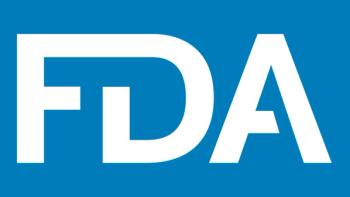
Tuesday marked the first of 3 days of hearings on whether checkpoint inhibitors should keep indications after follow-up studies failed to show benefits that led to accelerated approval.
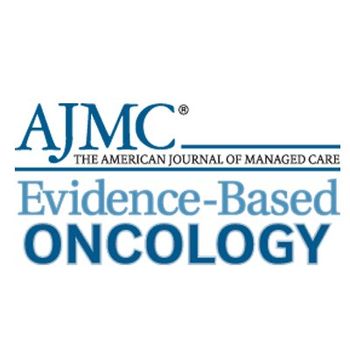
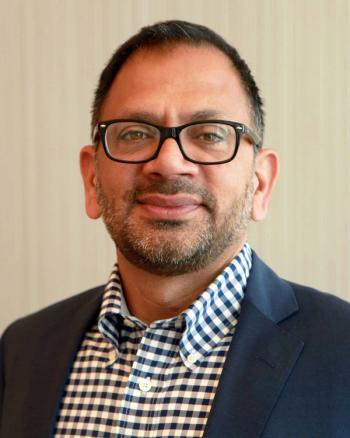
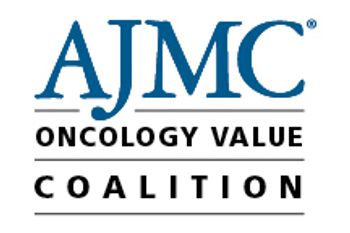

Interest in therapies that target DDR genes has increased since 2015, when basic science in this area won the Nobel Prize in Chemistry.
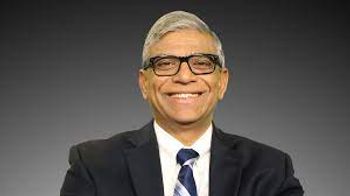
Research published in November found an 85% drop in breast cancer screening and a 75% drop in colon cancer screening. Since that time, screening rates have improved somewhat.
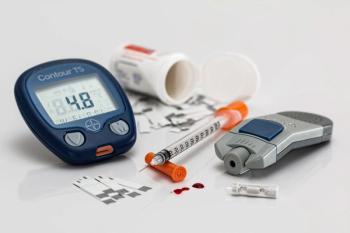
The research, funded in part by the JDRF, springs from the fact that autoimmune diseases are increasing worldwide, and are rising faster among Black and Hispanic youth.
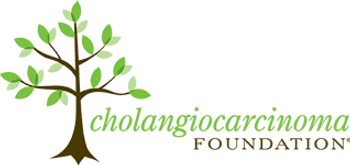
Last year, pemigatinib, the first targeted therapy in cholangiocarcinoma was approved for previously treated patients with FGFR2 fusions or rearrangements.

Authors of a review article explore the role of HLA antigens in type 1 diabetes and autoimmune thyroid disease.

On the first day of the Cholangiocarcinoma Foundation Annual Meeting, Elli Brimble, MS, MSc, Ciitizen’s head of Clinical Operations, offered insights from an ongoing study based on data provided by patients.
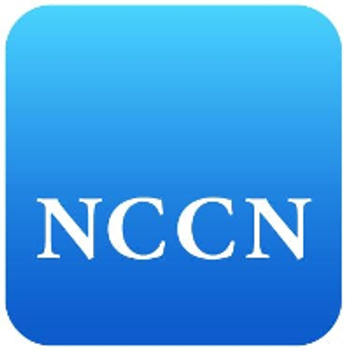
The addition of immunotherapy and targeted therapies to the NCCN guidelines in bile duct cancer means that tumor mutation profiling is now called for to guide treatment decisions.

Al B. Benson, MD, FACP, FASCO, professor of medicine and director for Cooperative Groups at the Robert H. Lurie Comprehensive Cancer Center, discusses the potential for neoadjuvant intervention in hepatobiliary cancers.

Updates to the NCCN Guidelines in multiple myeloma reflect recent trial results, giving clinicians and patients many choices.

A panel at the NCCN Virtual Annual Meeting finds that while primary care physicians and oncologists can share information, records may not be well integrated and in easy-to-use formats.

Penn Medicine's Stephen Schuster, MD, offers an overview of an eventful year in CAR T-cell therapy at the NCCN Virtual Annual Meeting.

Pharmacists from the Cleveland Clinic discuss the impact of payer dispensing requirements, known as white bagging and brown bagging, on oncology practices and on patients.

An administrator in the Geisinger Cancer Institute discusses the rollout of ClinicalPath.

A panel at the Association of Community Cancer Centers discusses lessons from the year of COVID-19.

FDA's action marks an abrupt change of course from the Priority Review granted September 2020.
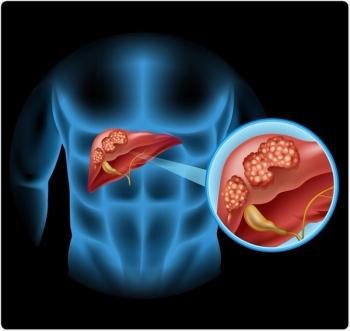
The EMA panel's nod pemigatinib in bile duct cancer is the latest positive news for the targeted therapy after its FDA approval and appearance in the NCCN Guidelines.
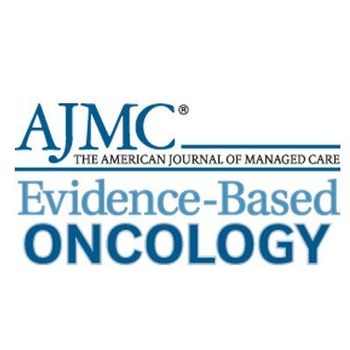
Donald M. Berwick, MD, MPP, the former CMS administrator who is president emeritus and senior fellow at the Institute for Healthcare Improvement, discusses cost variation in cancer care found through the digital classification system the COTA Nodal Address.
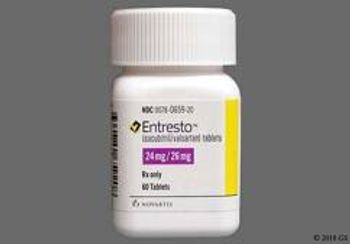
Novartis' drug, which combines sacubitril and valsartan, is the first to directly treat patients with heart failure with preserved ejection fraction.

Tanya Siddiqi, MD, director of the chronic lymphocytic leukemia program at Toni Stephenson Lymphoma Center provides insights on what the arrival of liso-cel could mean in the treatment landscape.

A CAR T-cell therapy that promises fewer side effects, and possibly lower hospital costs, wins approval after lengthy delays.
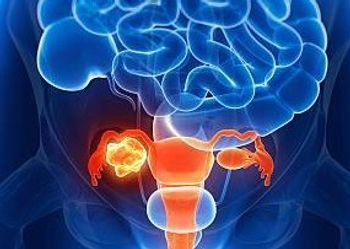
Recent results with adavosertib in ovarian cancer could signal future positive results, given the number of trials using the targeted therapy with the PARP inhibitor olaparib.
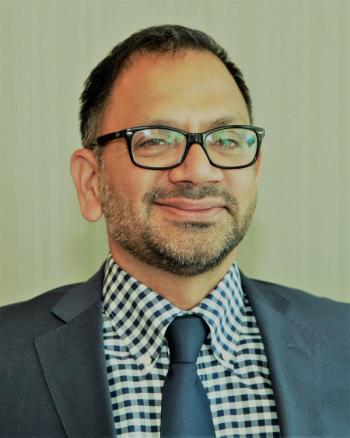
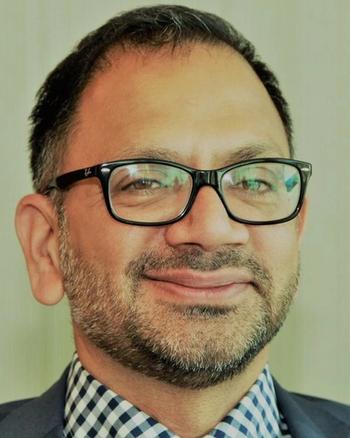
Data gathered by Cardinal Health Specialty Solutions revealed roadblocks community oncology practices encounter when trying to navigate payer approvals for CAR T-cell therapy.

President Joe Biden issued executive orders to speed up testing and vaccine distribution, and to require masks on planes, trains, and buses.

The 62nd American Society of Hematology (ASH) Annual Meeting and Exposition featured leading experts in hematology and covered some of the most cutting-edge research in the field.

259 Prospect Plains Rd, Bldg H
Cranbury, NJ 08512
© 2025 MJH Life Sciences®
All rights reserved.
